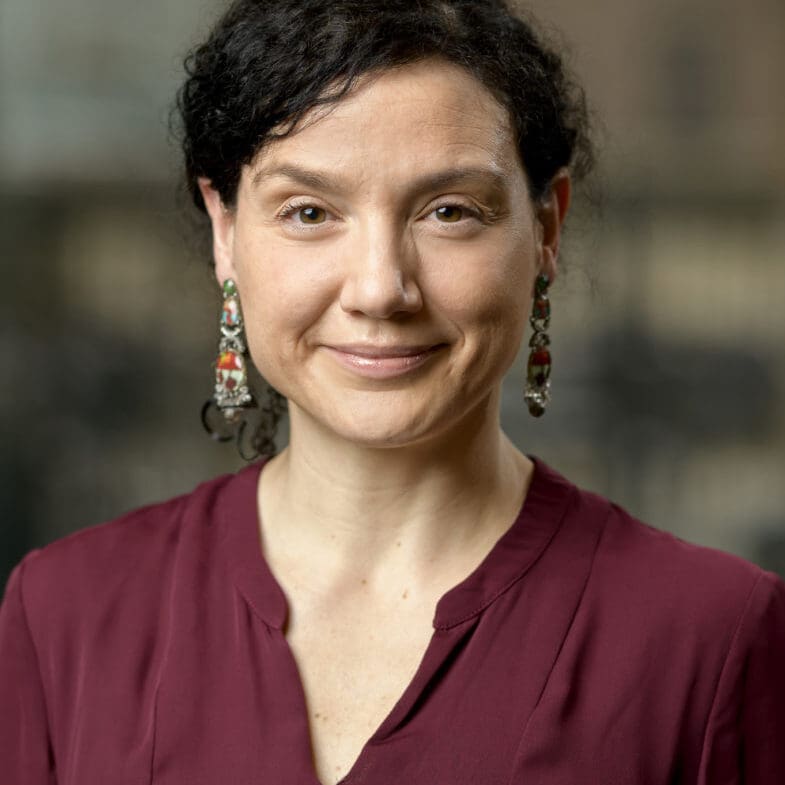ESTIBALIZ LOPEZ RODRIGO, MD
Memorial Sloan Kettering Cancer Center
CureSearch Young Investigator Award: 2022-2025
Focus: Metastatic Osteosarcoma
Project title: Targeting macrophages in lung osteosarcomagenesis
Osteosarcoma is the most common primary bone tumor affecting children and young adults, yet, despite multiple efforts, treatment and outcomes have not changed over the past 40 years, and the presence of metastatic disease remains the main cause of death of osteosarcoma patients. Osteosarcoma recurs in approximately 30–40% of patients initially diagnosed with non-metastatic disease. The most common site of relapse is the lung, and 50–75% of patients with recurrent OS initially have lung involvement only. The presence of lung metastasis at diagnosis or relapse confers poor outcomes and long-term survival rates of only 20%.
Estibaliz Lopez Rodrigo, MD, is a CureSearch Young Investigator conducting research at the Memorial Sloan Kettering Cancer Center to develop a therapy that will disrupt osteosarcoma metastasis to the lung. Dr. Rodrigo Lopez’s project targets tumor-associated macrophages which are immune cells that can alter the immune response to cancer, reducing the ability for other immune cells to identify and destroy tumor cells. Combination of therapies targeting macrophages and chemotherapy is known to improve overall survival of osteosarcoma patients, yet the mechanism that underlies this synergy has not been fully elucidated. The development of more efficient treatment strategies requires the understanding of which and how macrophages interfere with osteosarcoma growth, both in primary and metastatic sites. Dr. Lopez Rodrigo hypothesizes that a specific set of macrophages are pro-tumorigenic, meaning that they promote osteosarcoma growth and metastasis (movement out of the bone and into the lung). She aims to determine how removal of pro-tumorigenic macrophages in the lung will prevent osteosarcoma metastasis to the lung. Upon identifying the mechanism by which macrophages promote osteosarcoma metastasis, she will ascertain therapies that disrupt the pro-tumorigenic functions of macrophages and assess their effectiveness in mouse models of metastatic osteosarcoma.

